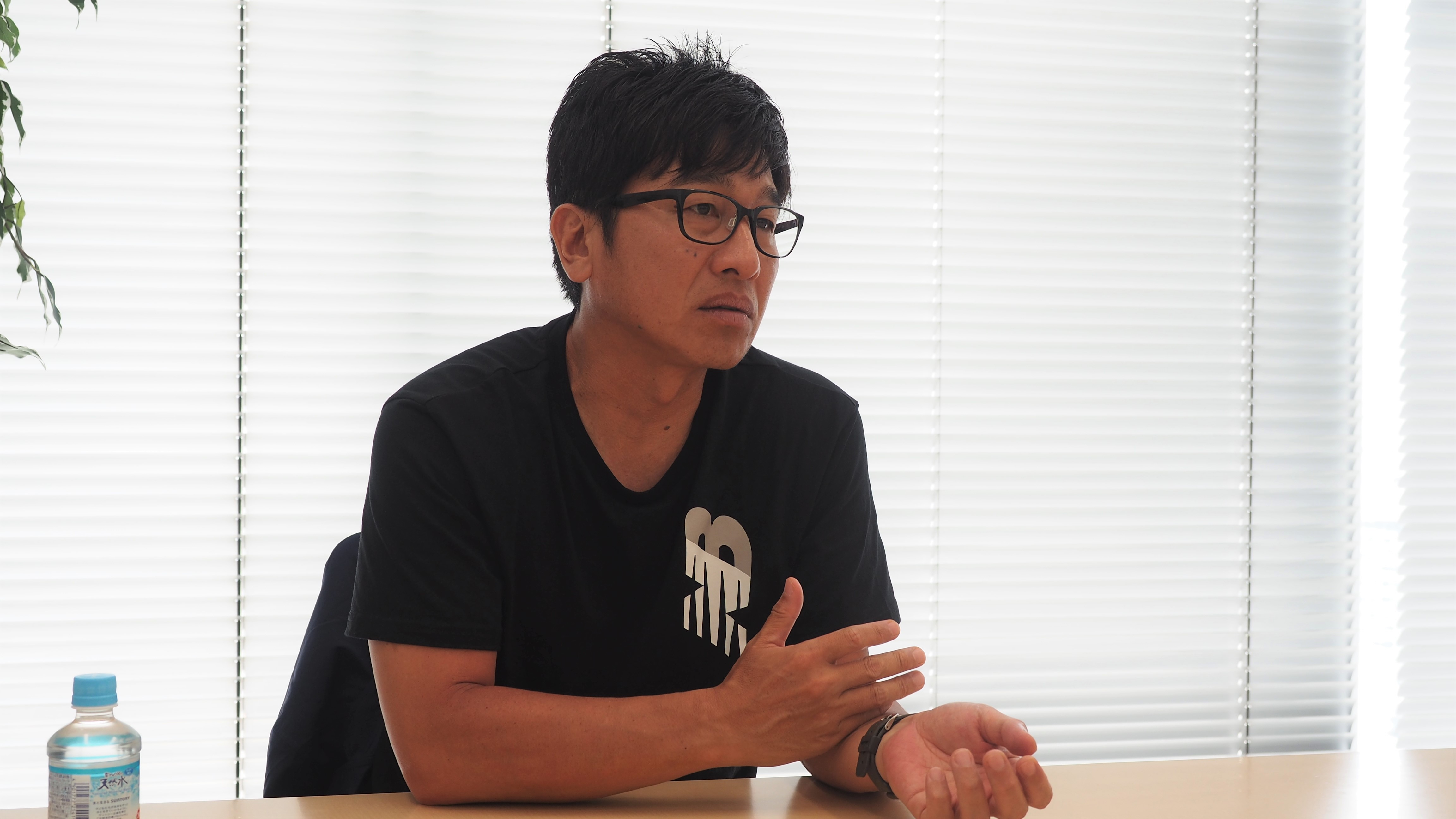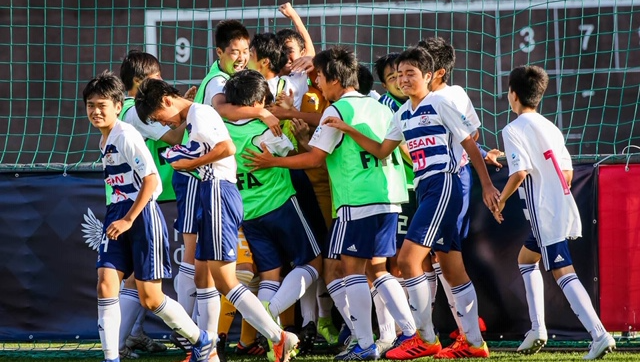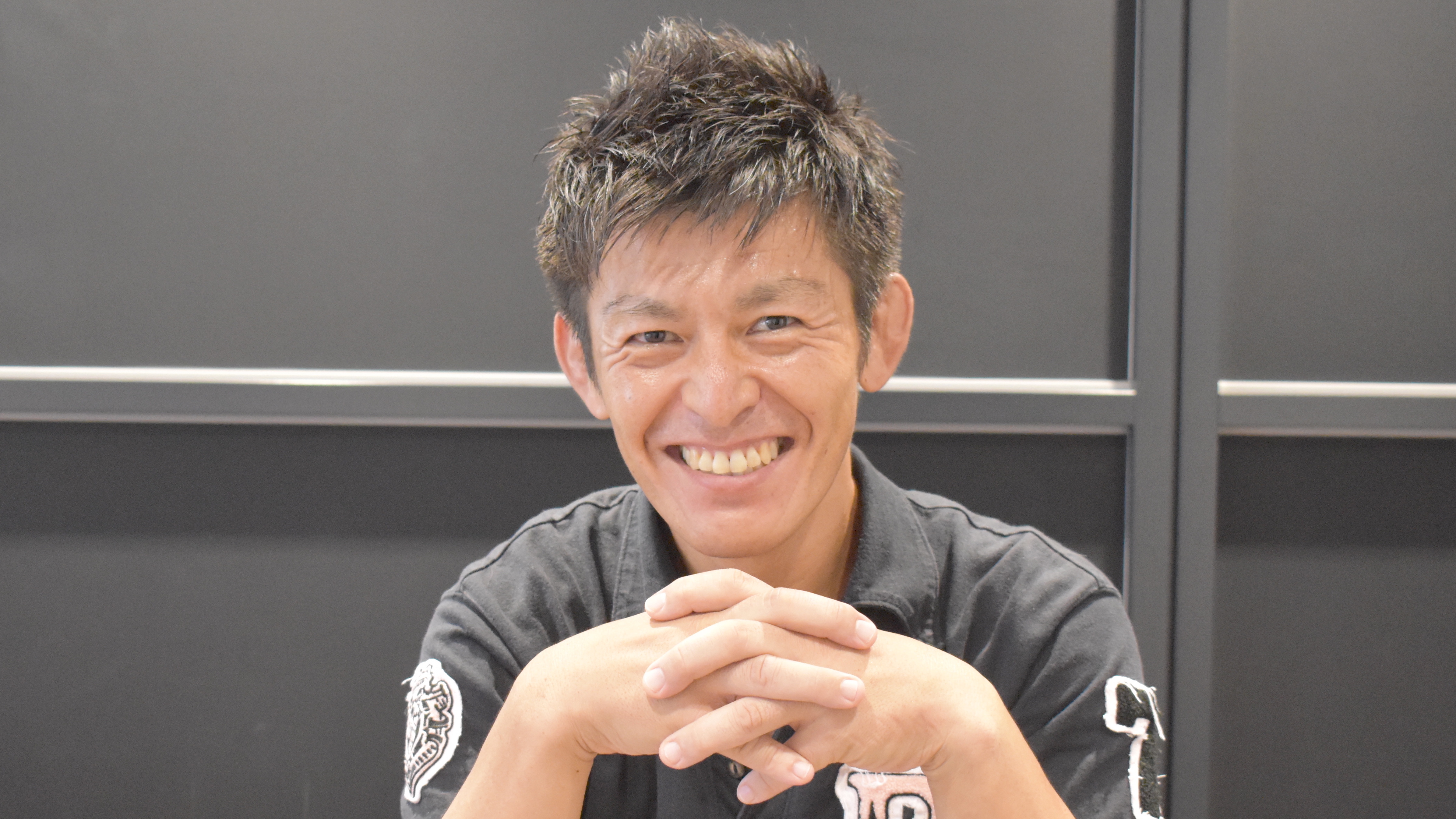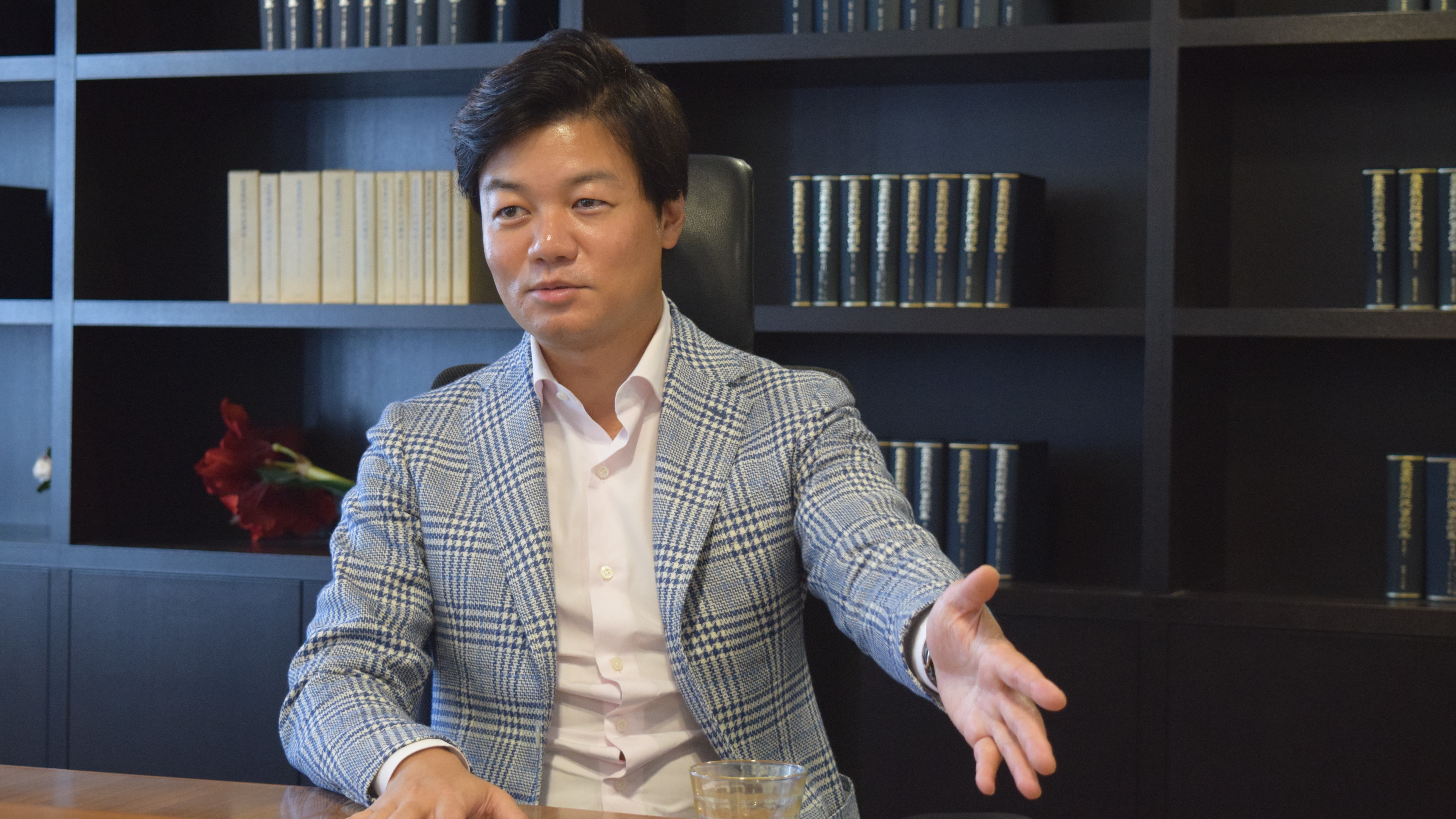Matsuyama Sanshiro (Judo / talent) The way for Japanese people to pass through Judo vol.3 “You must burn your life as long as you live”
Mishiroku Matsuyama (49 years old), whose interview at World Judo has become a hot topic. Currently, he is very active in various fields as a judoka, a talent, a radio personality, a singer, and a visiting professor at the Faculty of Social Welfare at Nagano University. In July of this year, Mr. Mishiroku published a book titled "To the Japanese who don't know Judo the most in the world", which was born out of his desire to "convey the wonders of Judo to as many Japanese people as possible." (Baseball Magazine)”. This time, the final story, he talked passionately about his thoughts on publishing.
Mishiroku Matsuyama (judoka/talent) I want to convey through judo, the path that Japanese people should take vol.1
Mishiroku Matsuyama (judoka/talent) I want to convey through judo, the path that Japanese people should take vol.2
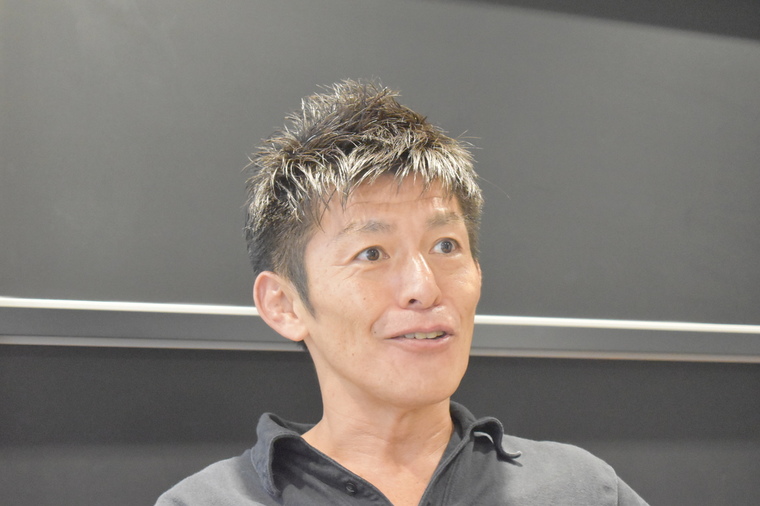
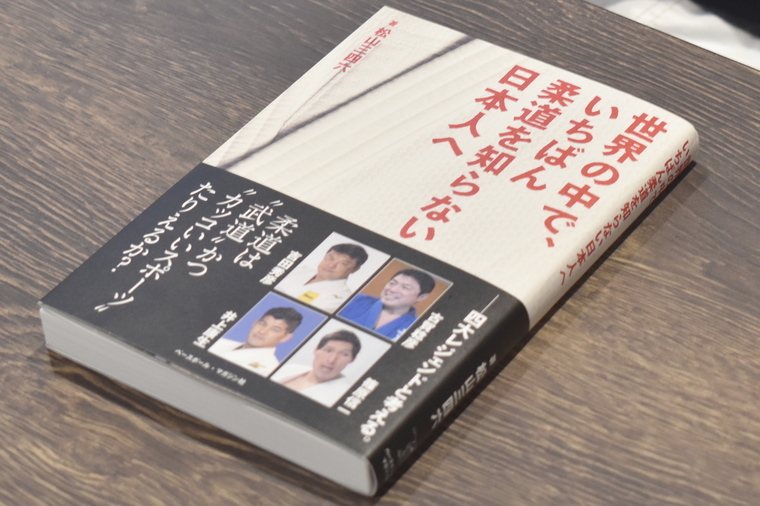
Passionate thoughts in the book "To the Japanese who don't know Judo the most in the world"
ーーMiss 346, you are too multi-talented. Currently, he belongs to Connect Co., Ltd. and is engaged in various activities. Could you tell us about the circumstances behind the publication of "For the Japanese who don't know Judo the most in the world" (Baseball Magazine)?
Mishiroku Matsuyama (judoka/talent) I want to convey through judo, the path that Japanese people should take vol.2


Passionate thoughts in the book "To the Japanese who don't know Judo the most in the world"
Matsuyama: I had been away from judo for a while, but in 2003 the World Judo Championships were held in Osaka and were broadcast on TV for the first time. At that time, the people in the office at the time and Mr. Hitoshi Saito, who was very kind to me, tried to sell me, so it was decided that I would be the interviewer.
Also, when I let my own children practice judo, I saw both the top and bottom of the pyramid of judo's highest competition and juvenile judo at the bottom, and many ideas came out.
Before I knew it, I had become a presence between the judo world and the media, and when I had the opportunity to speak with current IOC President Yasuhiro Yamashita, he said the following.
"Sensei, if things continue like this, the world of judo will be ruined. TV stations are spending huge sums of money on judo content, but it's no good if athletes are sitting cross-legged and yawning. This is the era. That's not right, Sensei.If things continue like this, the TV stations will move away.If that happens, Judo will become a sport that no one watches, and the Judo population will decrease.We also need to fix the problem of violence."
When ordinary people who don't know judo see judo, they think, ``What is that world? I've always said, "You have to bring in the wind, the eyes of others."
Hidehiko Yoshida says the same thing as me. After quitting judo, he moved on to the world of mixed martial arts. At that time, you will start dating various people such as sponsors, showbiz, management, and eventers. That's when I started to think, "Judo can't continue like this."
Japan's judo population has fallen below 200,000 and continues to decline. Brazil has 800,000 people and France has 700,000 people, which is more than Japan. England is the home country of soccer, but Brazil is the national sport.
I felt a sense of crisis, so I put together the following: "To the Japanese who know the least about judo in the world." That is why I strongly believe that people who are not interested in judo should read it.
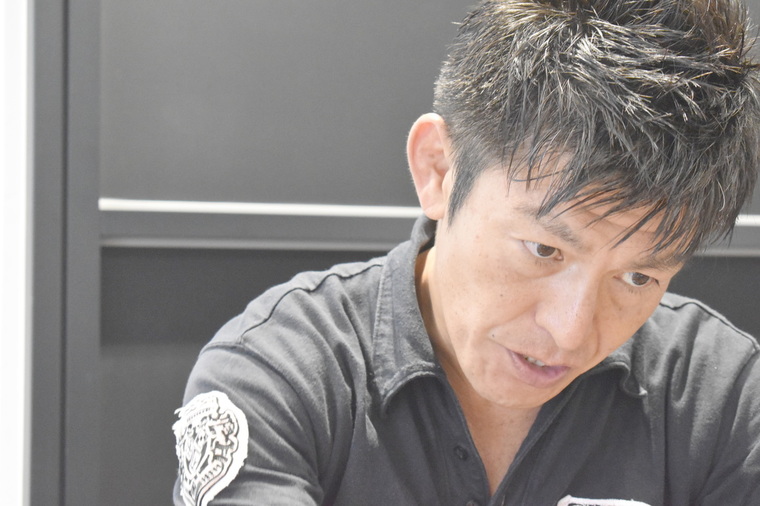
A message from Matsuyama Sanshiroku to convey to readers
ーーIs there a message you want to convey to your fans and readers?
Matsuyama: There are a lot of things, but it means, "As long as I'm alive, I have to burn my life. I don't want to live like I'm dead." I would rather die than be wrapped up in something long. I want to say, "If you think so, stick with it."
But if I'm wrong, I apologize profusely (laughs). In other words, this is the basis of my current activities. That's why I don't want to lose power wherever I go. I want to finish this interview with 100% effort. Even if the salary differs depending on the job, it is my policy to do it with the same ability.
ーーIn your book, you also touch on the concept of self-discipline.
Matsuyama:that's right. Selfishness is everything. Foreigners are skeptical that a Japanese loser in a match would say "thank you". It would be frustrating if we lost, so it would be "fuck you". This is different. Japanese people have a self-restraint of wanting to surpass themselves. Therefore, the Japanese think that the enemy is oneself, not the other, but oneself. Thanks to the fact that my opponent played the match, I was able to know whether I could beat myself or not, so even if I lost, I would say "thank you".
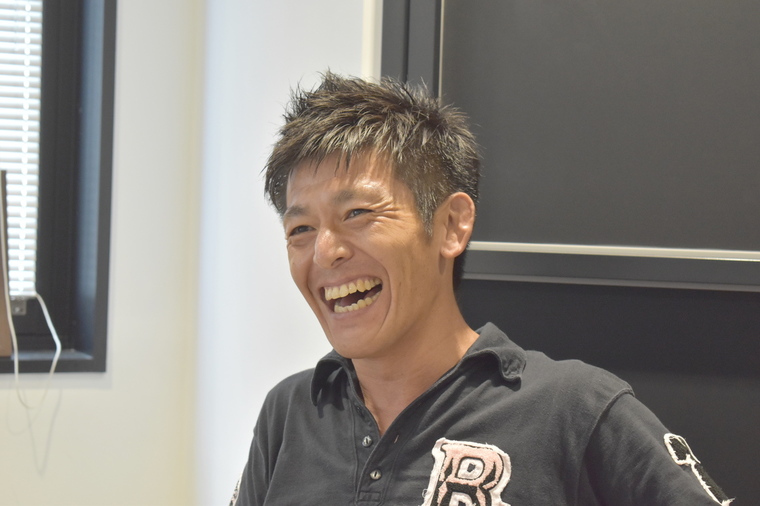
ーーPlease tell us about your future prospects.
Matsuyama: I have nothing (laughs). So far, most of my goals have come true. I have no dreams.Having a dream means denying and not acknowledging who you are now. "I want to be better" looks positive, but it's hidden behind the fact that "I don't like myself now." It wasn't good, so I started thinking, "I'm good now. Thank you for being me now."
In this book, "Thanks to you, I'm very healthy. Thanks to you, we were able to win. When we are recognized for something or when we are asked about the situation, we say, 'Thank you, how are you?' You know,' he wrote.But in reality, he doesn't care. Even when you meet someone for the first time, you say "thank you".
This is because I think that I am who I am today because of the blessings of water, air, nature, and the earth that exist in this world. It's a way of thinking that "my shadows, things that don't get the spotlight, things that I can't see are my strength." Through judo, I learned these wonderful things.
ーーFinally, what does judo mean to you?
Matsuyama: I don't think it's fair for a young man like me to say that (laughs). In addition to judo, karate, kendo, and aikido all have "do" attached to them. Ultimately, it becomes a way of life. Judo is a signpost and a hint for living. This will be my answer. (end)
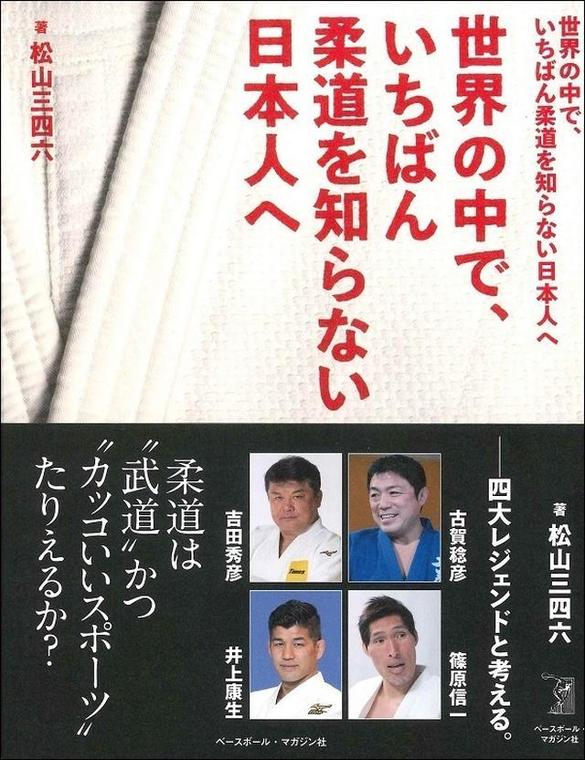
Mishiroku Matsuyama author "To the Japanese who don't know Judo the most in the world"
Click here to purchase
https://www.sportsclick.jp/products/detail.php?product_id=9733&cart=1
PROFILE
Matsuyama Sanshiro
TV personality, radio personality, singer, judoka, visiting professor at the Faculty of Social Welfare, Nagano University
Born July 9, 1970. Born in Tokyo. Started judo in the first grade of elementary school, and won two consecutive national judo tournaments in the fifth grade of elementary school. While attending Meiji University Nakano Junior High School, he also won the National Junior High School Judo Tournament, and was seen as a promising candidate for the Olympic team.
However, due to repeated injuries, he gave up his career as an athlete at the age of 20. In 1992, he joined Yoshimoto Kogyo after appearing on a TV program, and left the company in 1994. Currently, he is active in a wide range of fields, including talent, radio personality, singer, and writer. Her major works include "Bee and Candy in Hands" (Bunya) and "Wine Girls" (Poplar Publishing).
On the other hand, he teaches as a visiting professor at the Faculty of Social Welfare at Nagano University, and currently holds more than 500 lectures for elementary, junior high and high school students and companies. Of course, his passion for judo hasn't changed since he retired.
Interview cooperation / Connect Co., Ltd.
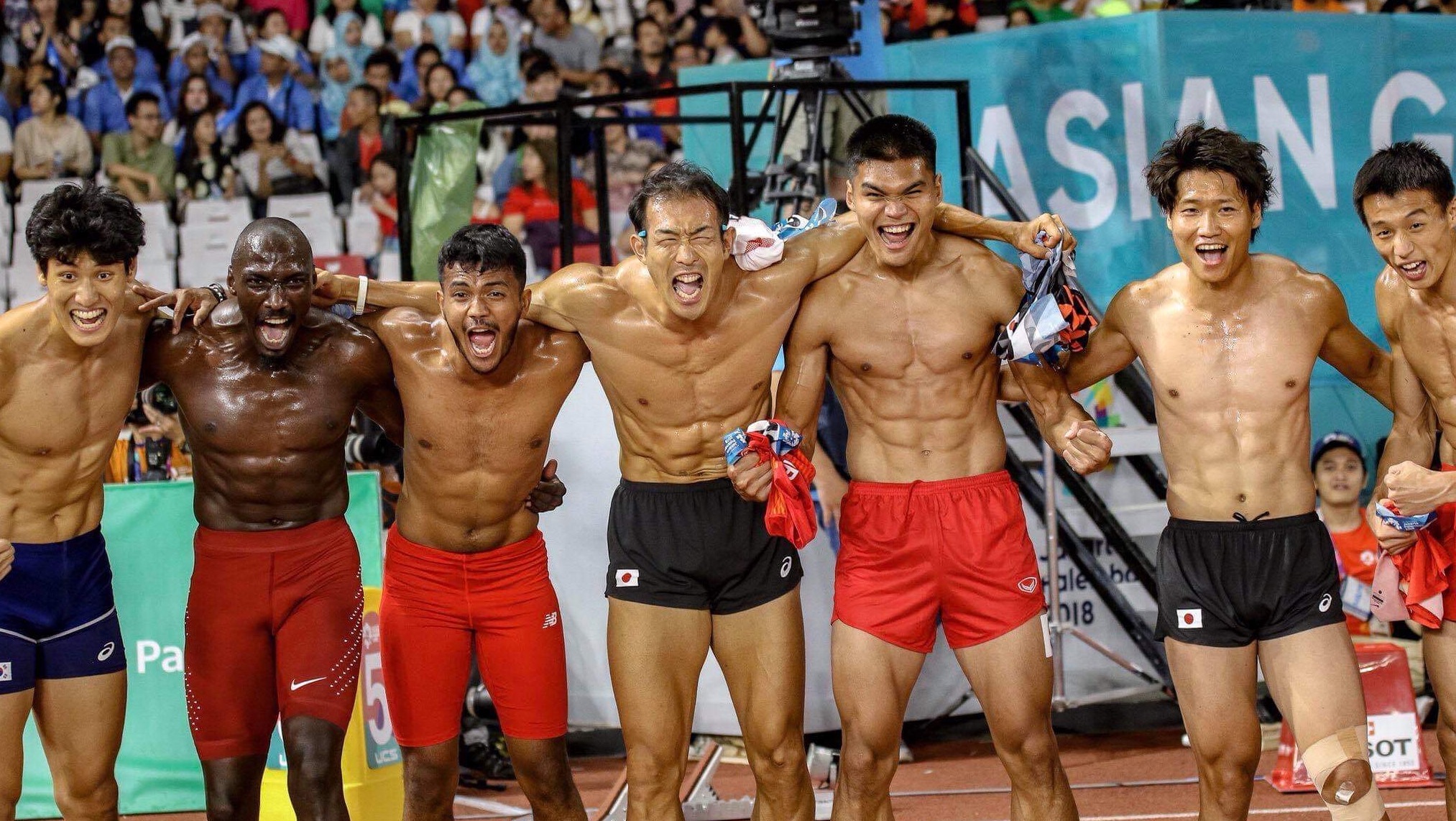
Others|
2019/09/25
Keisuke Udaishiro (Death Race Asian champion) wants to convey the appeal of the december competition vol.2 “After the 10th event, physical and mental fatigue is tremendous”
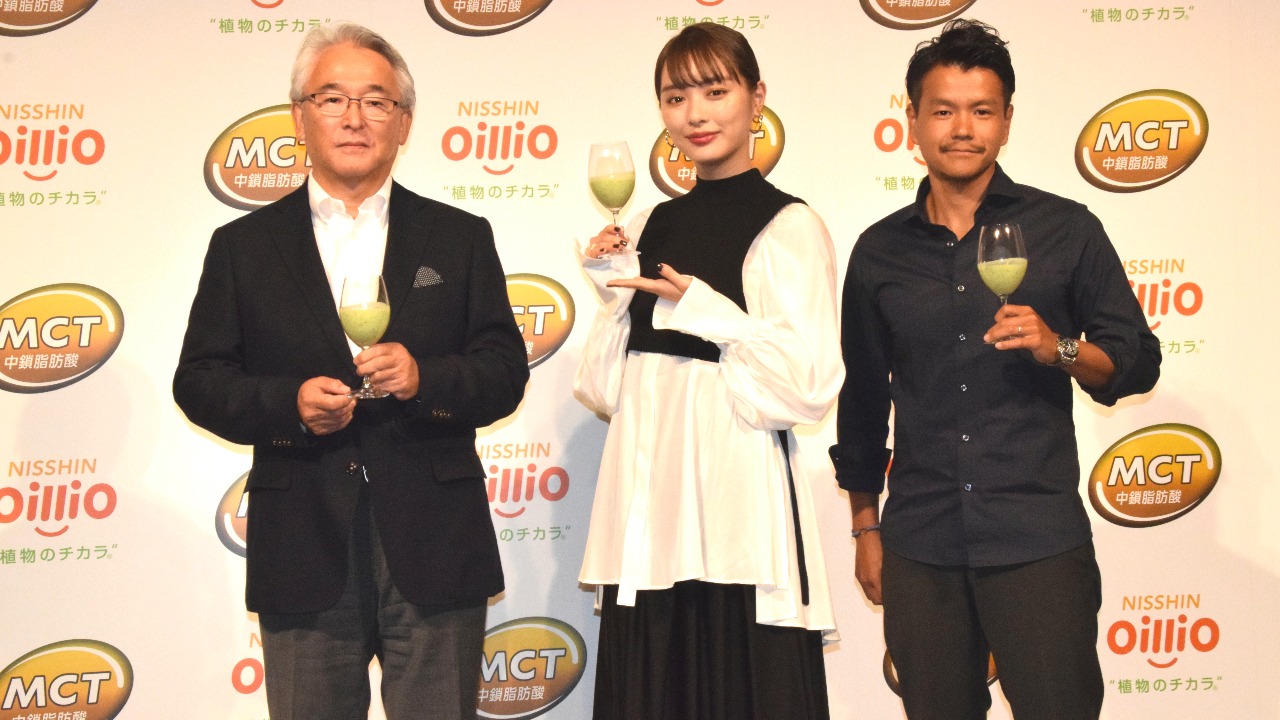
Others|
2019/09/24
"Cooking +" a little addition "" changes the body! ? Uchida Rio and Nagatomo's exclusive chef Kato praise Nisshin MCT Oil
Others|
2019/09/19
Matsuyama Sanshiro (Judo / talent) The way for Japanese people to pass through judo vol.2 “From the judo world to the entertainment world”
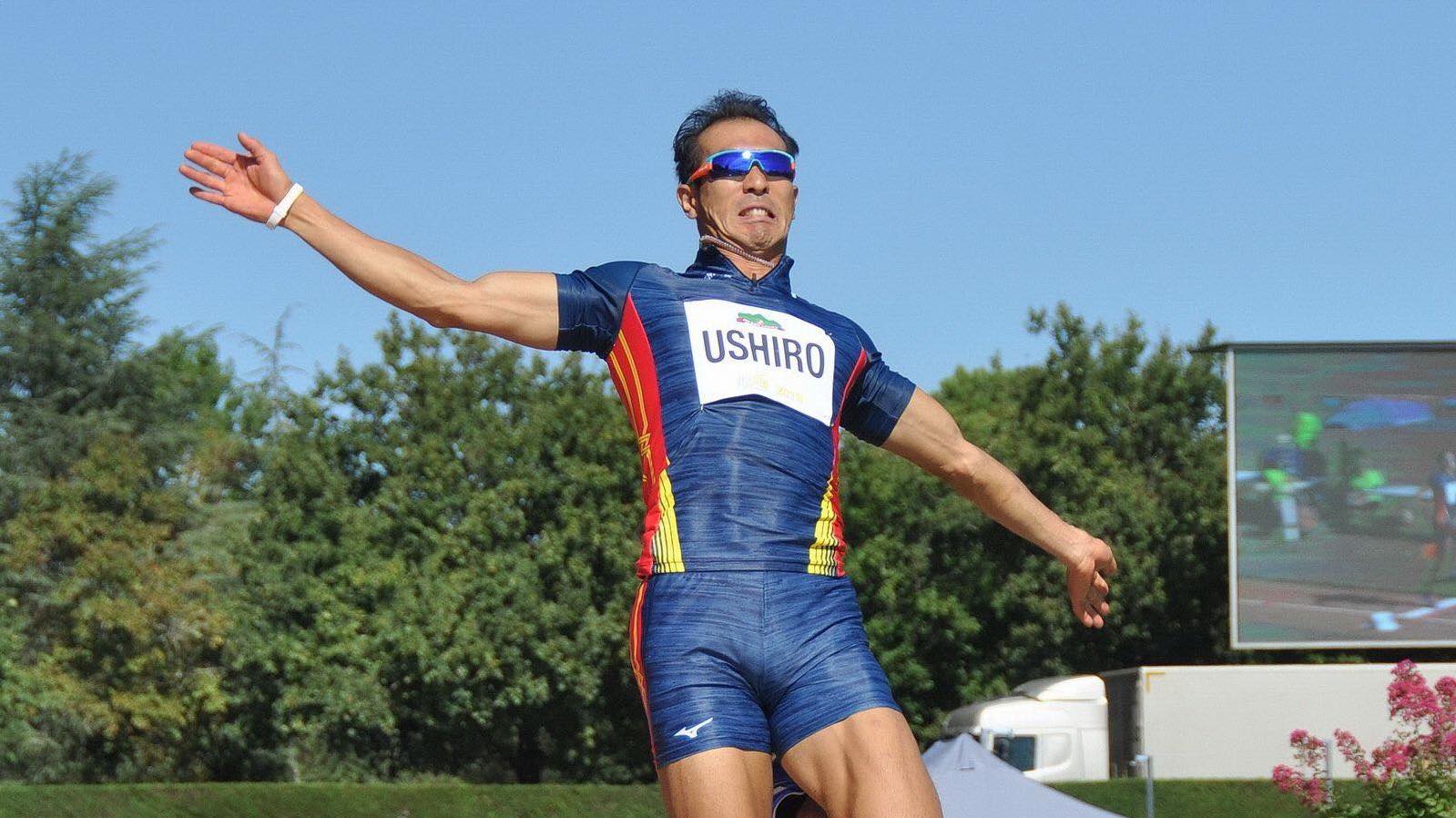
Others|
2019/09/14
